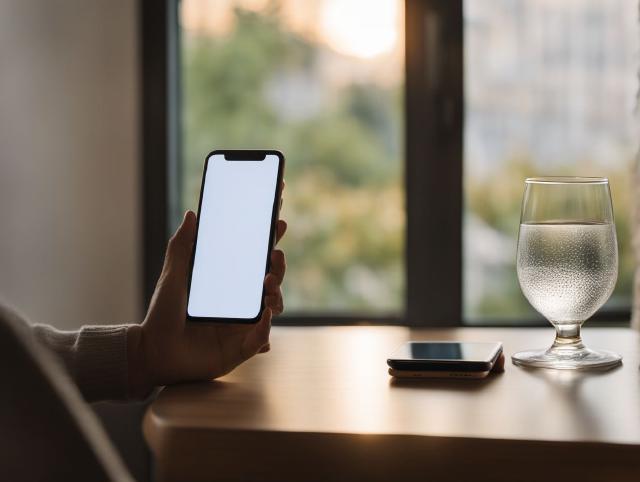What Happens to the Body After the First Week

Introduction: why the first days matter most
Many fear the first week without cigarettes, imagining only withdrawal and stress.
But the truth is, the body starts recovering within hours.
Yes, this stage is challenging, but it also brings quick results that motivate you to continue.
📌 According to the CDC, improvements in heart and lung function start within the first 24 hours after quitting.
24 hours — oxygen levels return
One day after the last cigarette:
- carbon monoxide in the blood drops sharply,
- oxygen levels normalize,
- the heart pumps blood more easily.
📌 Even a single day without cigarettes begins the recovery process.
Mini-story
Michael quit on a Sunday evening. By Monday he was surprised: climbing stairs felt easier, though before he was out of breath by the third floor. This small result became a big motivation.
72 hours — breathing feels freer
Three days without cigarettes mark an important milestone. During this period:
- the bronchial tubes start to relax,
- breathing becomes deeper and easier,
- the feeling of “tightness” in the chest fades.
Yes, cravings can be especially strong at this stage. But that’s not a sign the body “needs a cigarette.”
On the contrary — it shows nicotine is leaving for good and the body is adjusting.
📌 After 72 hours, the body is no longer physically dependent on nicotine. What remains is mostly the psychological habit.
Mini-story
On her third day smoke-free, Anna ran 300 meters without getting winded — something she hadn’t done in years. Laughing, she said: “Turns out I can still run.” That moment proved to her that life without cigarettes meant new energy and stamina.
7 days — cravings under control
By the end of the first week, much changes:
- nicotine levels stay consistently low,
- the brain no longer “demands a dose” every couple of hours,
- cravings become weaker and shorter.
📌 It’s not the finish line, but a turning point. The body has already learned to function without nicotine, and the road ahead gets easier.
Mini-story
David, 50, told his friends: “I’ve made it a week, and I don’t want to give up now.” For him, the first 7 days became a symbol of a new life. He said: “Every day without cigarettes is a victory I don’t want to lose.”
Myth: “The first days are hell, then it only gets worse”
This is one of the most damaging myths.
In fact, the first days are the hardest — but also the most productive:
- the body detoxes,
- breathing deepens,
- mental clarity improves,
- dependence weakens.
It gets easier from here — especially if you use simple support techniques. Learn more in Why Willpower Doesn’t Work.
Money and the first week: a bonus argument
Even in the first week you save money.
If a pack costs $4, then in 7 days you’ve saved $28.
In a month — about $120, and in a year — more than $1,400.
📌 Each week smoke-free means not just health, but real money staying in your pocket.
The first week and support
To make this stage easier:
- use simple craving-reduction tools (gum, water, short walks);
- lean on support from family or friends;
- remind yourself that withdrawal is temporary.
👉 It’s also helpful to explore nicotine replacement therapy tools that can ease withdrawal symptoms.
Conclusion: the first week is the foundation of freedom
- After 24 hours, carbon monoxide clears from the blood.
- After 72 hours, breathing feels free.
- After 7 days, cravings weaken and become manageable.
📌 By surviving the first week, you’ve already proven: your body thanks you for every day. From here, the journey gets easier and more rewarding.
Want to see the full recovery path?
In my PDF guide you’ll find:
- a detailed 90-day timeline of changes,
- a week-by-week recovery chart,
- tips for making the first months as calm as possible.
🚀 Ready to quit smoking?
The SmokingBye PDF is a gentle, step-by-step way out: gradual nicotine reduction with no stress and no relapses.
Get the plan & start today

